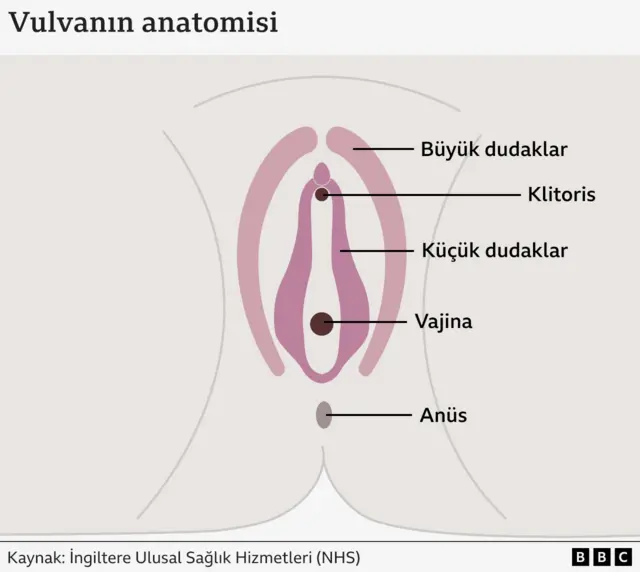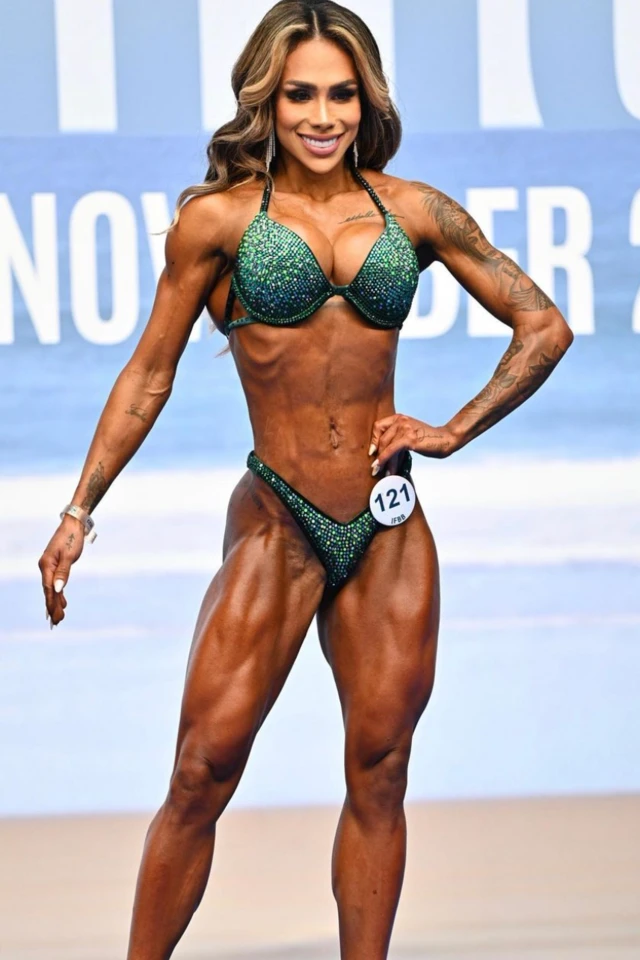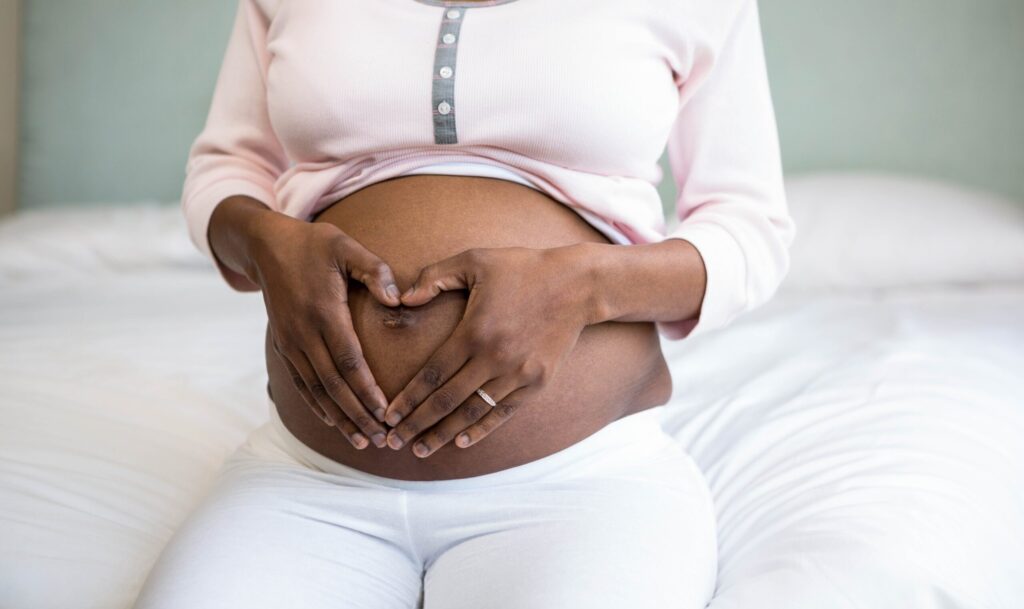Dr Berrin Tezcan was interviewed for this article on the BBC: https://www.bbc.com/turkce/articles/c98q3l25p58o – The article is in Turkish and translation is available when you visit the link but a translated version is below:
There is a lot of content on social media about how women’s genital areas should be.
Some of these contents put pressure on women by creating the perception of an ideal vulva or vagina.
Some accounts circulate false information about genital health, market various products, and even encourage plastic surgery.
However, according to doctors, it is not possible to talk about an “ideal” vulva or vagina.
“When I first heard that something called vaginal perfume was being sold, I was horrified,” says gynecologist and obstetrician Dr. Müjdegül Genişoğlu Karaca:
“I find it misogynistic that there is such a thing as penis perfume but there is vagina perfume.”
Doctor Genişoğlu Karaca reminds us that the vagina has its own flora and balance, and that creams and perfumes can disrupt the pH balance and cause infections.
The external genital area of women is called the vulva. The vagina is defined as the muscular canal that connects the cervix to the outside.
However, among the public and on social media, the female genital area may be referred to as the vagina instead of the vulva.
‘Every woman’s organ is different’
Eylül Gülce Kara, a student at Boğaziçi University, says that content about how a woman’s vulva should be is very common on social media.
She objects to the message given by these contents by saying, “What, is our vagina darker this time?”
Kara explains that young women do not know their own bodies, and that they organize sexual health workshops as university students to solve this problem and resist the pressure on social media.
Dr. Berrin Tezcan, a gynecologist in London, also emphasizes that no two women’s genital organs are alike.
It warns that messages and content to the contrary could cause women to feel physically or psychologically unwell.

Gynecologists can help
Beril Karabulut, 32, who works as a digital product designer in Ankara, says she only made peace with her body after visiting a gynecologist in her twenties.
“Once I learned that every woman’s vulva and vagina are unique, I stopped comparing myself to others,” she says.
Dr. Berrin Tezcan states that it is very important for people experiencing similar fears to visit a doctor registered with a professional association.
“When I talk to patients and tell them there is nothing wrong, 90 percent of them are happy. They just need a doctor to tell them they are normal,” Tezcan says.
However, in some countries, women may not have access to reliable gynecologists.
For example, women’s sexual health and genitals are still considered taboo in Iran, with some social media users reporting that doctors in Iran are fueling concerns about the appearance of their genitals rather than alleviating concerns.

Content shared on social media about the “ideal vulva” also increases the likelihood of women considering labiaplasty.
Labiaplasty is the most common female genital aesthetic procedure.
In surgery, the size of the lips called labia in the female genital area is changed for physical or functional reasons.
Women may undergo this surgery due to difficulties during sexual intercourse, discomfort while doing sports, or hygiene reasons.
However, it is estimated that an increasing number of women are choosing surgery for aesthetic reasons.
Experts say that this surgery should not be performed on people under the age of 18 because the labia are still developing.
They emphasize that it is completely normal for the skin in the area where the vagina opens to have a sagging appearance and take on different shapes.
Interest in plastic surgery has increased
Still, data shows that labiaplasty is increasing worldwide.
A report published by the feminist organisation Women’s Health Victoria in Australia revealed that more than half a million women have either had labiaplasty or are considering it.
The report, prepared by speaking to 1,030 women between the ages of 18 and 50, emphasizes that surgeries are increasing “due to distorted images of how the female genital area should look, found in porn and social media.”
According to the International Society of Aesthetic Surgery (ISAPS), the number of labiaplasty surgeries worldwide increased by 14.8% between 2019 and 2023.
According to the same data, Brazil is the country where this surgery is performed the most, with 28,000 operations performed during this period.
Plastic surgeon Renata Magalhães says Brazilian women care about their appearance and are culturally more keen on cosmetic surgery.

Brazilian bodybuilder Val Santana (27) is one of those who had this surgery.
Santana says that because she uses anabolic steroids, a type of synthetic hormone, her clitoris becomes enlarged, causing discomfort during sex.
Sharing her experiences with the surgery on Instagram, Santana says that her self-confidence and quality of life have increased as a result.
However, the UK’s National Health Service (NHS) stresses that labiaplasty is expensive and carries risks:
“There’s no guarantee that you’ll get the results you’re looking for, and there’s no guarantee that it’ll make you feel better about your body.”
‘Women should make peace with their bodies’
So how can women resist the pressure regarding genital aesthetics?
Gynecologist Genişoğlu Karaca says that women need to know their own bodies better.
She advises people to make peace with their own bodies instead of by-products or plastic surgery.
University student Eylül Gülce Kara agrees.
“We need to raise awareness about women’s sexual health on social media,” she says.
“We also need to produce more liberating content against the pressure placed on women by surgeries and creams.”
BBC Brazil’s Giulia Granchi contributed to this report.







